
Every once in a while, a new technology, an old problem, and a big idea turn into an innovation.
– Dean Kamen
With this key area of my portfolio, I bring Best Practices and Optimization techniques.
Unity DOTS
ECS for Unity (Entity Component System) enables you to build more ambitious games. It’s a data-oriented framework compatible with GameObjects, enabling seasoned Unity creators to achieve more thanks to an unprecedented level of control and determinism.
🔔Update: DOTS & ECS For Unity 6
The latest release of Unity 6 brings key features to first-party support.
- Burst Compiler Updates – Burst is a compiler that translates from IL/.NET bytecode to highly optimized native code. It uses the industry-proven LLVM compiler infrastructure to give game creators native code performance from C#. Burst also exposes CPU intrinsics, making it possible to fine-tune performance-critical code.
- Job System Platform Improvements – This system allows Unity developers to take advantage of multi-core computing platforms with parallelized code that can run safely and at speed. The C# Job System exposes Unity’s internal C++ Job System, giving Unity creators the ability to run their scripts alongside Unity’s internal processing.
With the power, flexibility, and new platform support of Unity 6, the possibilities are exciting!
NOTE: WebGL and DOTS is not yet supported (June 2024). Follow the latest discussions
RMC Dots Library & Free Examples
Learn powerful dots/ecs solutions to popular game mechanics

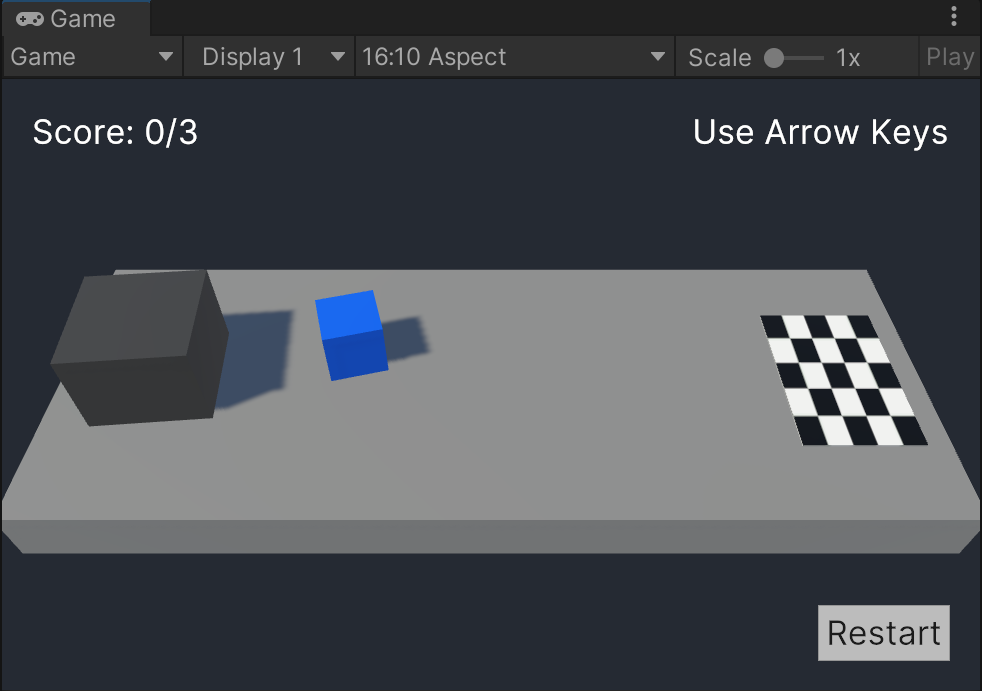
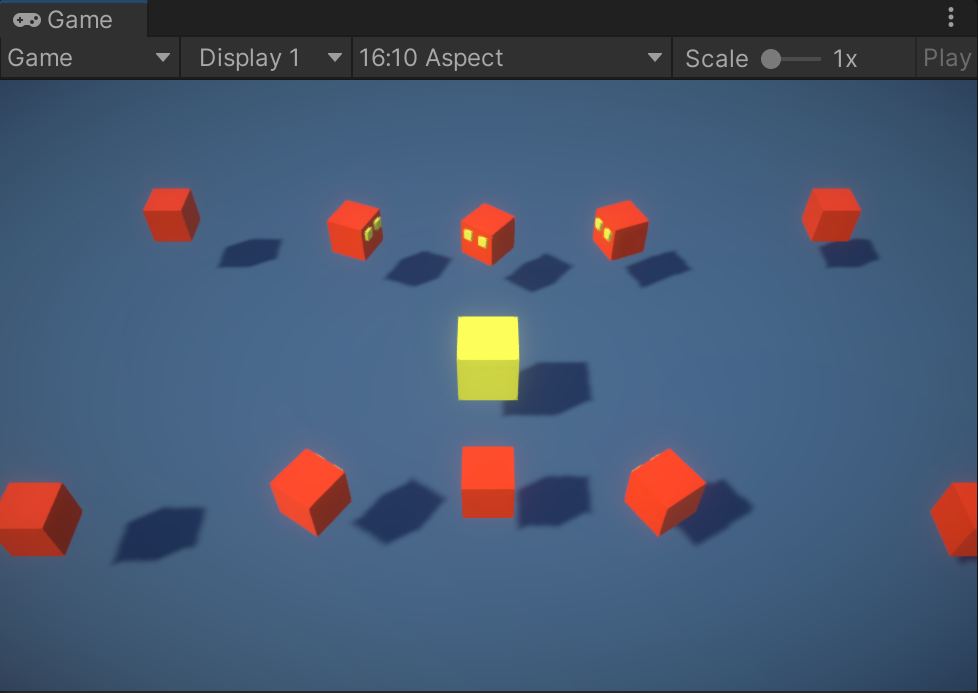
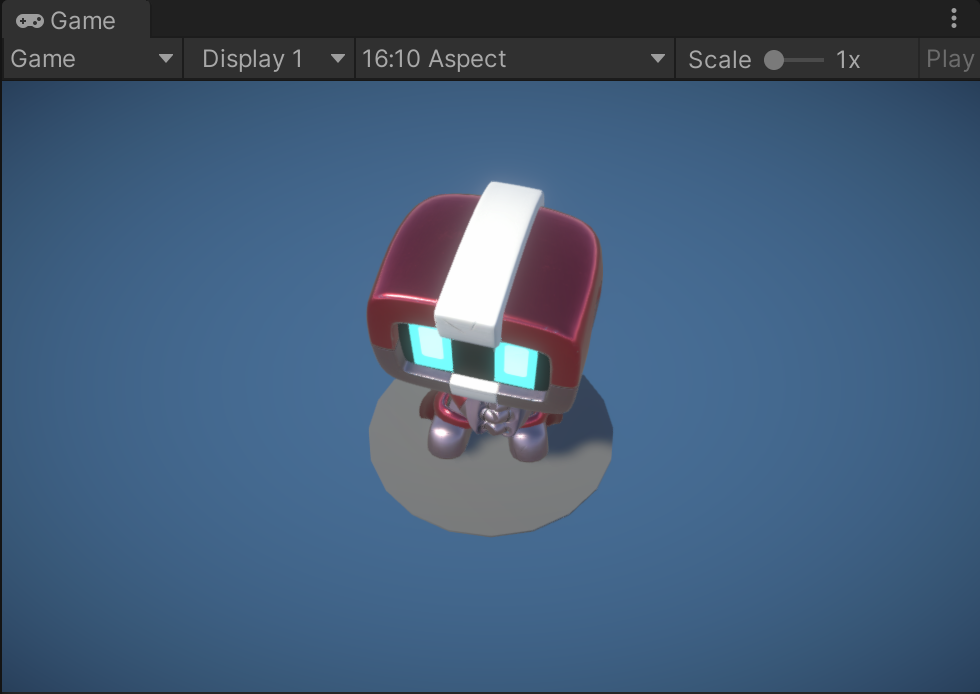
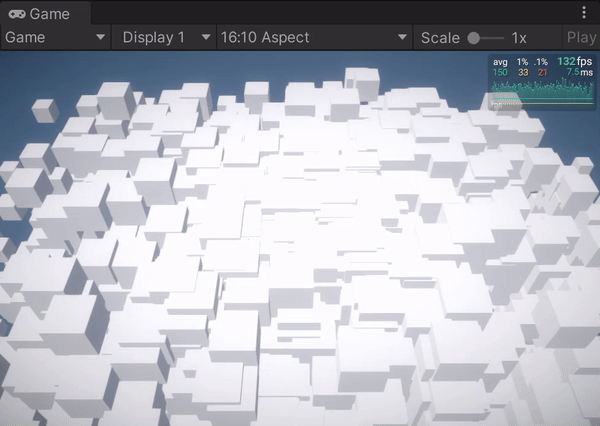
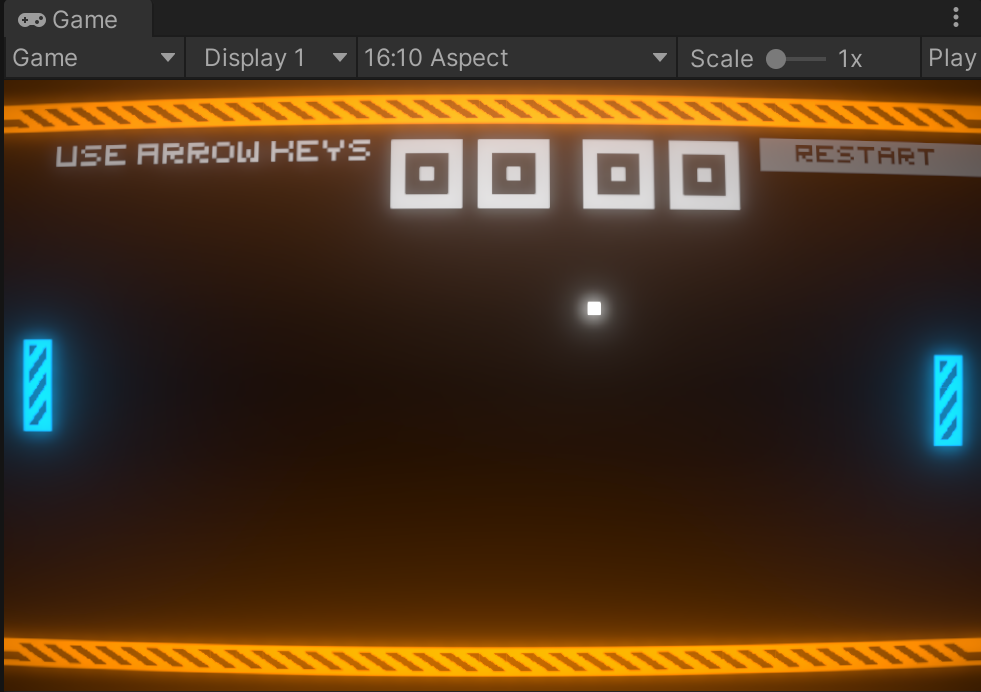
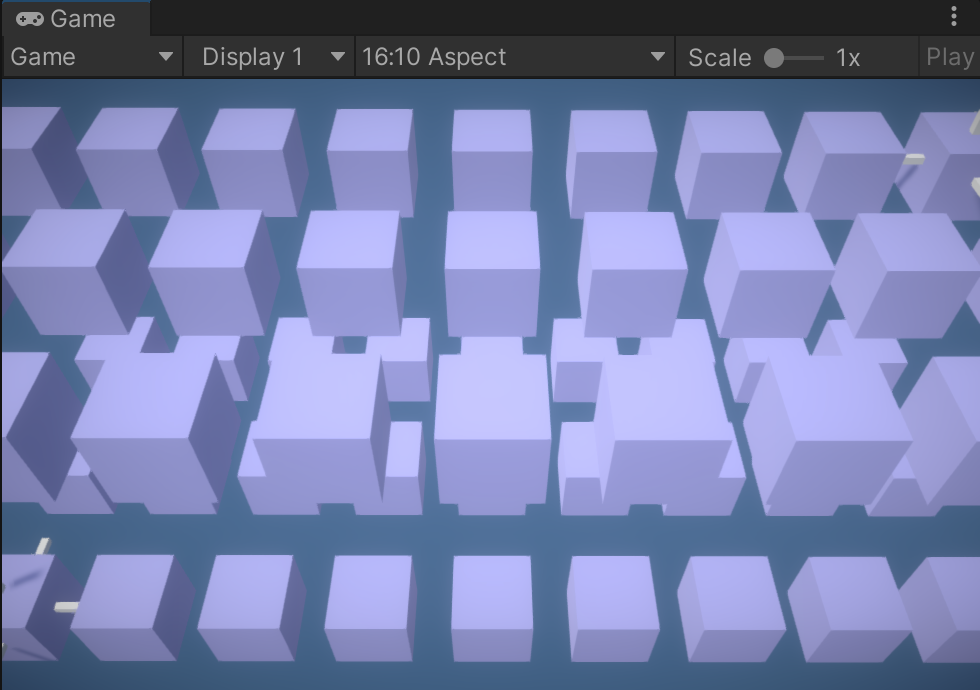
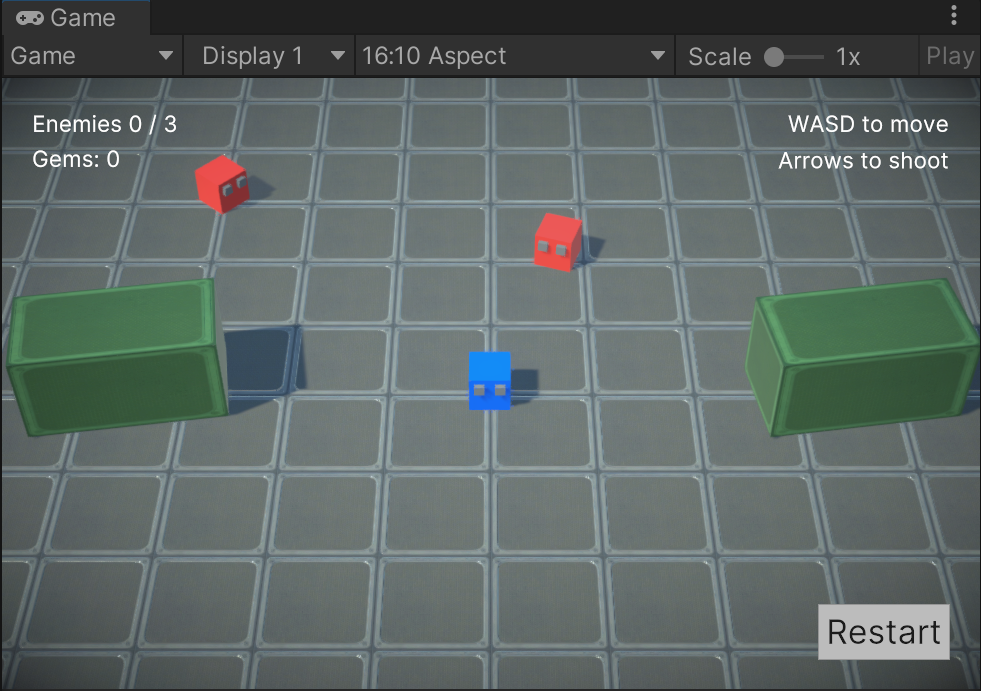
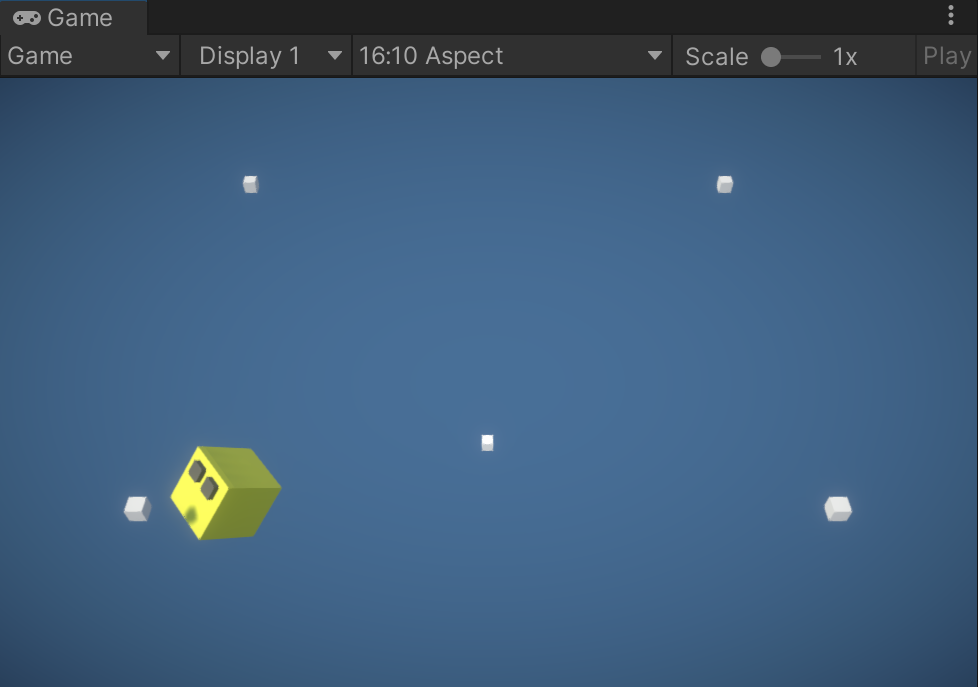
Links
- RMC Dots Library – (Includes no Unity Project)
- RMC DOTS Library & Examples – (Includes Unity Project)
DOTS Basics
With Unity’s Data-Oriented Technology Stack (DOTS), you take full advantage of today’s multicore processors with high-performance multithreaded workflows. Your code is faster and more reusable.
DOTS Technology
- Job System – Runs multithreaded code efficiently
- Burst Compiler – Produces highly optimized native code
- Entity Component System (ECS) – Data-oriented, performant code by default
DOTS Physics
The Unity Physics integration represents the default physics system in Unity for DOTS-based projects. It is backed by DOTS physics solver and written using the C# DOTS framework. The Physics system philosophy has more details.
By using a stateless design and not leveraging caching, it will simplify the complexity of Unity Physics.

Videos
Samuel Asher Rivello, with over 20 years of Game Development expertise, presents Unity DOTS & ECS features, the RMC Dots Library, and examples. See the full video playlist.
Presentation
In this presentation deck, we go deep into many areas of Unity DOTS.
Topics
► DOTS Diagram
► ECS
► Burst Compiler / Jobs
► Who Is This For?
► Hybrid Approach
► Game Architectures
► Demos
What’s Next?
This area of my expertise is particularly exciting!I love to learn & to make an impact with my teams and projects.
Contact me regarding new opportunities that align with my skills and experience.